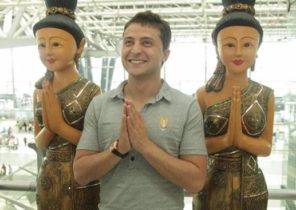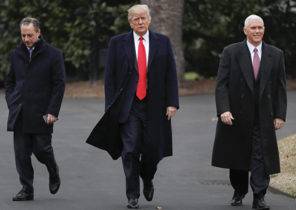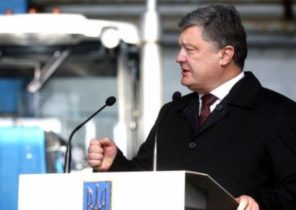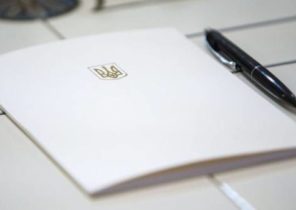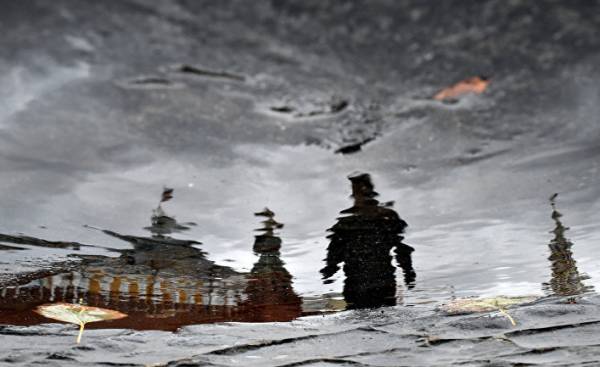
The Russian state is a unique case in modern history. This country survives by paradox turns weakness into strength, tactics — strategy, exceptions to rules, defeat — in victory, the civilizational enemy — to resource for survival. We still don’t know how the world will look like when Donald trump, but Russia has hopes for the emergence of new life-supporting paradox.
Yes, the trump administration might expand the space for maneuver of the Russian system of personalized power, but sooner or later the Americans will start to create a Moscow problem. The Kremlin’s reaction may be unexpected and unpleasant for the world.
The beneficiary of a liberal order
Post-Communist Russian system demonstrates a rare ability to revive into a protracted period of decline (another paradox). She does this at the expense of one of its key inventions — the continuation of his own life through the use of liberal civilization. First, during the Soviet Union, it contained the most liberal in the world, then mimicked his standards, and now — leaks and keeps him at the same time. The onset of the post-Cold war era blurry, postmodern norms was the perfect environment for the Russian games in deception, pretence and defamation of character. The West’s desire to get closer to Russia led to the fact that it started to play up to the Kremlin. That, in turn, was only pretending to respect Western values.
For a time it seemed that the Russian system can indefinitely remain in this gray area, undermining the West from within, but avoiding the explicit struggle for power and domination. Postmodernism — with its eclectic relativism, the dual standards, the blurred distinctions between legal and illegal, truth and lie, peace and war, principles and pragmatism — is the ideal environment for the prosperity of this system as a Russian. Politics of the postmodern world, the Russian Federation allowed to use tragicheskoe model: at the same time to be with the West (cooperating with him when it is profitable), in the West (through the personal integration of the Russian rentier class in Western society) and against the West (to isolate Russian society from Western influence). Putin is more postmodern than all Western leaders — including Schroeder, Chirac and Sarkozy, the brightest representatives of political relativism. If jürgen Habermas wrote a sequel to his famous work “Modernism and postmodernism”, he probably would call Vladimir Putin, the epitome of this trend.
Russia became a beneficiary of the liberal order and of globalization, thriving upon the use of resources and the weakness of the West to suspend its own decay and create the appearance of resistance. Since 2004, the assertiveness of the Russian political regime has grown, but it changed nothing: the Western community still wanted to see in Moscow the partner, not the enemy, hoping that the cooperation will neutralize the Russian machismo (even after Putin’s Munich speech 2007). The attempt of the Obama administration “reset” relations with Moscow was a confirmation of the willingness of the West to a policy of dissociation from the dangerous trends in Russia. Cooperation with Moscow continued, the authoritarian turn in the country tried not to notice.
The annexation of Crimea destroyed this seemingly perfect formula of coexistence. The West was forced to respond (albeit reluctantly), and resorted to the tactic of containment. In response Russia started anti-Western mobilization.
The Kremlin has turned the global chessboard upside down. Beneficial for Russia relations with the West came to an end. It may seem strange and irrational, but it has its logic explanation. Moscow found itself in an impasse: on the one hand, the Kremlin could not allow Ukraine to escape to the West, as this would undermine its great power status and would be regarded as a sign of weakness; on the other hand, the Kremlin tried to avoid confrontation with the West. Deciding on the annexation of the Crimea, the Russian authorities hoped that they would forgive the seizure of foreign lands — the same as it was in Georgia. Perhaps it would have happened — if not for the war in the Donbass.
Russia was not ready either for a new Cold war, nor to a multipolar world order (despite the fact that the Kremlin called for it). The Russian political class, accustomed to the benefits of globalization and consumerist lifestyle in the Western manner, of course, didn’t want the world, in the absence of American primacy, has slipped into a state of Darwinian struggle for survival. Events 2015-2016 proved that the Kremlin is still trying desperately to return to dialogue with the United States, although this time tends to take a more prominent seat at the table.
